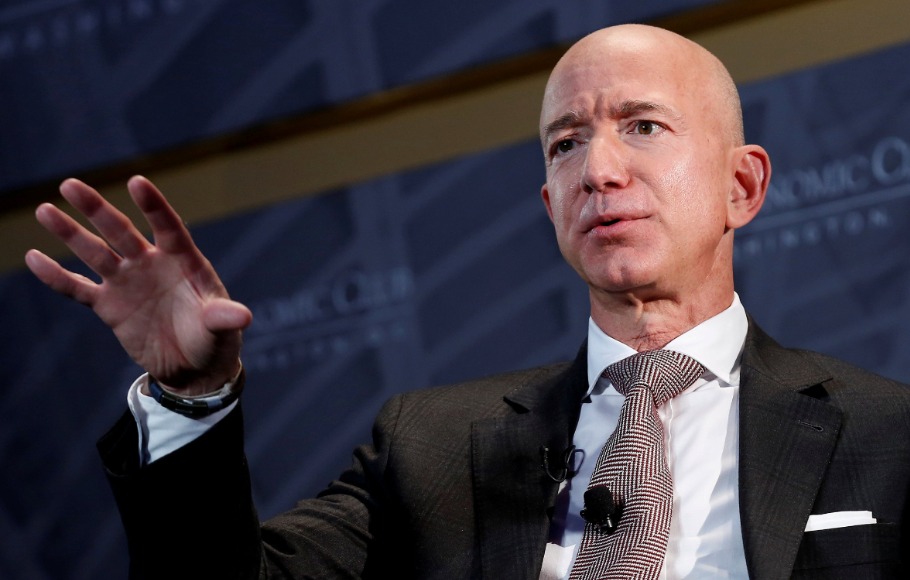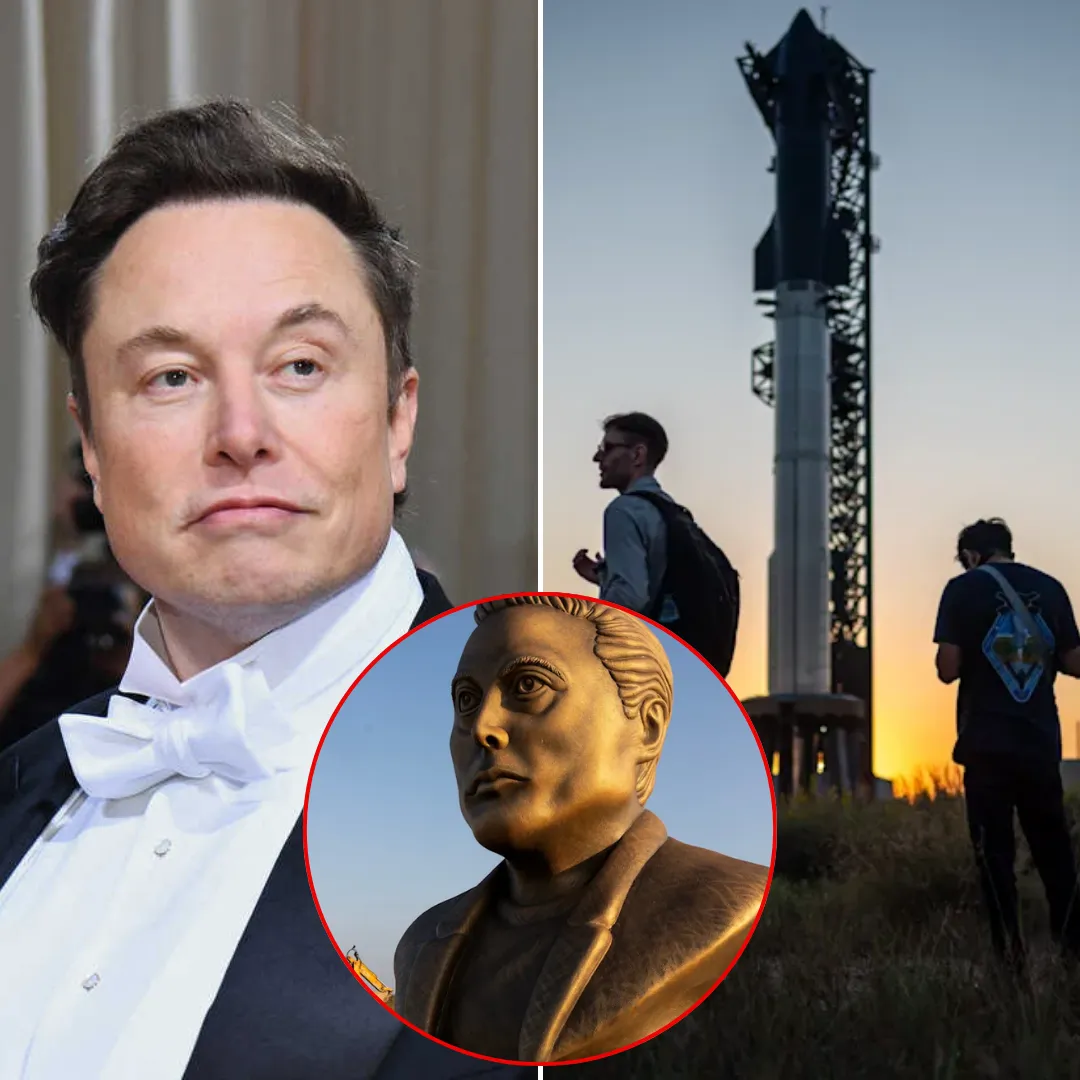
In a bold and ambitious move set to revolutionize the last-mile delivery landscape, Jeff Bezos-backed Swiss robotics and artificial intelligence company Rivr has teamed up with crowdsourced delivery technology leader Veho.
The partnership aims to test and eventually deploy autonomous wheeled-legged parcel delivery robots capable of navigating complex urban environments—stairs, porches, gates, and uneven terrain—that traditional curbside delivery robots simply cannot manage.
Veho, known for its innovative approach to last-mile logistics, serves a roster of prominent retailers including Sephora, Warby Parker, Lululemon, Saks Fifth Avenue, Stitch Fix, Nespresso, and Macy’s.
The company also partners with third-party logistics providers such as Flexport, ShipHero, and Stord to deliver millions of packages annually. On May 27, 2025, Veho launched a pilot program in Austin, Texas, deploying one of Rivr’s state-of-the-art robots to deliver parcels from delivery vans directly to customers’ doorsteps.
The robot delivery initiative represents a critical test to evaluate operational efficiency, integration capabilities with Veho’s proprietary delivery platform, and customer satisfaction.
While small in scale—spanning a two-week trial period involving a single robot—the pilot is designed to gather vital insights and pave the way for broader fleet expansion in Austin and potentially other urban markets.
Rivr, a Zurich-based company that transformed from the university spinoff Swiss-Mile earlier this year, signifies the emerging wave of robotics startups transitioning from academic research into scalable commercial applications.

This shift was bolstered by a $22 million seed funding round led by Bezos Expeditions, Jeff Bezos’s personal investment vehicle, along with participation from HongShang Group and the Amazon Industrial Innovation Fund.
Bezos’s involvement highlights his continued commitment to pioneering robotics and AI technology that can disrupt traditional logistics models.
What sets Rivr’s robots apart from other autonomous delivery machines currently in use is their advanced wheeled-legged design. Unlike conventional delivery bots which typically function as small wheeled containers restricted to curbside or flat terrain deliveries, Rivr’s robots combine wheels with articulated legs to overcome physical obstacles like steps, uneven sidewalks, and front porches.
This enhanced mobility makes multidrop delivery commercially viable in dense urban areas with challenging landscapes.
Importantly, Rivr and Veho emphasize that these robots are not intended to replace human delivery drivers outright. Instead, they serve as productivity multipliers, enabling human couriers to deliver more packages faster and with less physical strain.
By offloading repetitive walking and handling duties to robots, drivers can focus on navigating traffic and managing logistics, thereby improving delivery speed and meeting stringent performance standards.
During the pilot, each Rivr robot will operate alongside a human supervisor to ensure safety and quality control. While the driver completes one delivery, the robot autonomously transports another parcel from the vehicle to the customer’s doorstep.

Each delivery is documented via a photograph captured by the robot and transmitted instantly to customers through the Veho app, confirming successful drop-off according to individual instructions.
The robotic delivery units boast the capability of handling up to 200 package deliveries per day, representing a substantial throughput improvement over previous autonomous delivery prototypes.
This capacity could prove transformative for retailers and logistics providers seeking scalable solutions to meet rising e-commerce demand.
Veho’s CEO and co-founder Itamar Zur heralded the partnership as “an exciting next step in reinventing e-commerce delivery and enabling brands to turn shipping from a cost center to a value driver.”
He emphasized that customers value reliability, speed, and affordability in delivery, and the collaboration aims to determine if robots working alongside humans can meet or exceed these expectations while enhancing the overall brand experience.
This Austin trial marks Rivr’s second global operational deployment. The company actively sought a partner with dense urban delivery operations and robust logistical infrastructure to test its technology in real-world conditions.
Veho fits this description perfectly, operating more than 30 distribution centers across the United States and managing a network of over 84,000 independent driver-partners. Veho claims to serve more than 113 million people across 50 U.S. markets, having recently expanded into New York City.

Veho’s delivery model also distinguishes itself from gig economy platforms by providing drivers with scheduled routes lasting between two and six hours, offering predictable workloads and consistent pay.
Drivers select routes in advance, pick up packages sorted at Veho warehouses, and execute deliveries with full visibility into earnings and schedules—a model designed to foster driver satisfaction and retention.
Earlier this year, Rivr completed a shorter robotic delivery trial in the United Kingdom with courier Evri in central England. Plans are underway for a longer operational test in the UK this summer.
Evri recently secured a minority investment from DHL eCommerce and merged with the global courier, underscoring the growing interest in automated delivery solutions.
In Zurich, Rivr’s robotic units have been running Monday through Friday on active delivery routes, achieving a throughput of approximately 10 deliveries per hour. This promising performance demonstrates the robots’ readiness for complex urban logistics beyond laboratory settings.
The growing investor appetite for task-specific robots capable of performing physically demanding and hazardous work continues to surge. Investors favor specialized machines that can efficiently carry out defined tasks, as opposed to generalized humanoid robots that remain hindered by developmental challenges and high costs.

Recent advances in semiconductor technology and artificial intelligence have accelerated this trend by enabling robots to perceive, analyze, and respond autonomously without reliance on remote data centers.
Rivr leverages powerful parallel graphics processing unit simulators from industry leaders like Nvidia to digitally recreate real-world physics and conduct extensive training through virtual trial and error.
By the time Rivr’s robots are deployed in actual delivery environments, they have already encountered millions of simulated scenarios, dramatically shortening the on-site learning curve and enabling rapid adaptation to unforeseen obstacles.
This technological sophistication positions Rivr’s robots as flexible, reliable tools that could soon become integral components of urban last-mile logistics networks.
The partnership between Rivr and Veho embodies the evolving future of e-commerce delivery—a synergistic human-robot collaboration designed to boost efficiency, reduce costs, and enhance the consumer experience.
As e-commerce volumes continue to skyrocket worldwide, addressing the last-mile delivery challenge is critical. Innovations like wheeled-legged autonomous robots may prove indispensable in tackling driver shortages, urban congestion, and consumer demands for faster, more reliable shipping.
Jeff Bezos’s continued investment in robotics through his personal and corporate ventures signals his enduring vision to revolutionize commerce and logistics with advanced technology.

While this pilot is only the first step, the collaboration promises to extend beyond Austin and Zurich to major cities globally, potentially redefining how packages are delivered in the near future.
With human delivery partners working hand in hand with intelligent robots, the logistics industry stands on the cusp of a transformative era that could make doorstep delivery faster, smarter, and more sustainable than ever before.
The success of this trial will be closely watched by retailers, logistics companies, investors, and technology enthusiasts eager to see whether autonomous legged robots can truly change the face of last-mile delivery—and how consumers will respond to robot couriers becoming a common sight on urban sidewalks.
In this rapidly changing landscape, the Veho-Rivr partnership exemplifies the power of cutting-edge robotics and AI to tackle real-world challenges, while raising questions about labor dynamics, urban infrastructure, and the future of work.
As the robots roll out, one thing is clear: the delivery game is evolving, and the race to harness robotics for commerce is accelerating faster than ever. Jeff Bezos’s pioneering vision continues to drive the innovation curve, pushing boundaries and reshaping how goods move from warehouses to front doors in the 21st century.



